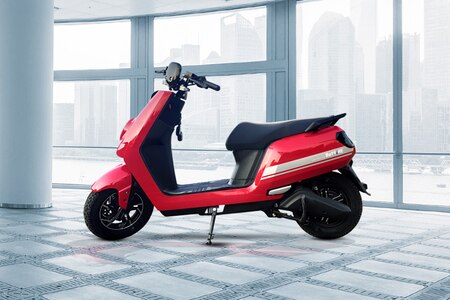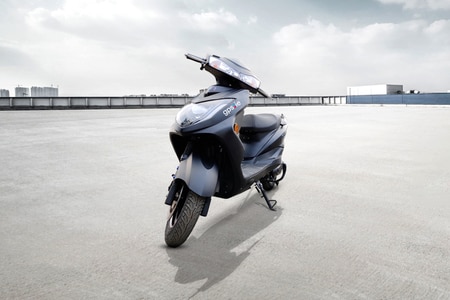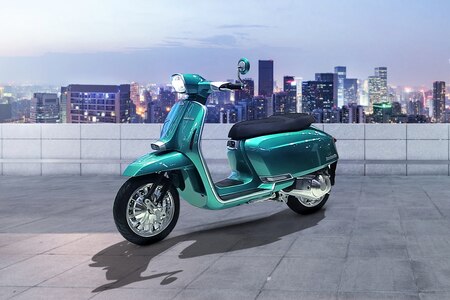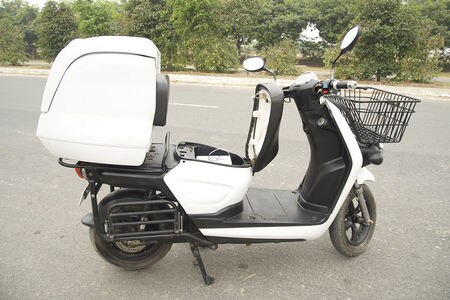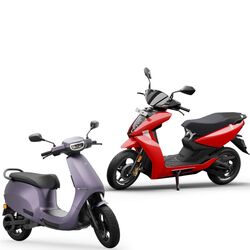These battery technologies could power future electric mobility
- Solid-state battery, sodium-ion batteries could change the face of EV battery industry.
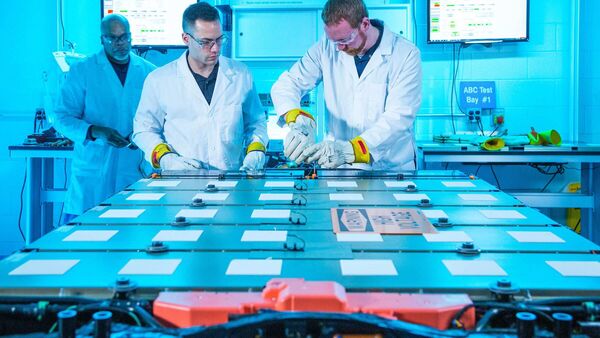

The electric powertrain is the latest technology disrupting the auto industry. While thee are several battery technologies, the lithium-ion one is the dominant battery technology. However, lithium-ion has some shortfalls as well. Battery technology is being developed constantly in order to find alternative cell chemistry, which will make sure the batteries are cheaper and more energy-efficient compared to the current ones.
Also Read : Electric vehicle retail sales in India witness three-fold jump in FY22: FADA
Here are three upcoming battery cell chemistry that could power future electric vehicles.
Lithium-sulphur battery
Lithium-sulphur batteries could be the alternative to Lithium-ion batteries. In Li-ion batteries, the lithium ions are stored in active materials acting as stable host structures during charge and discharge. Li-S batteries come minus any host structures. While discharging, the lithium anode is consumed and sulfur is transformed into a variety of chemical compounds. The reverse process takes place during charging. Li-S battery comes with a higher energy density.
Also check these Vehicles
Solid-state battery
Solid-state batteries could bring a paradigm shift in battery technology. In current li-ion batteries, ions move from one electrode to another across the liquid electrolyte. In solid-state batteries, the liquid electrolyte is replaced by a solid compound allowing lithium ions to migrate within it. This technology is safer at cell and battery levels. Despite heating, solid electrolytes are non-flammable, unlike their liquid counterparts. These batteries are denser and lighter with a better shelf-life.
Sodium-ion battery
Sodium-ion battery uses sodium ions (Na+) as charge carriers instead of lithium ions. The working principle and cell construction of sodium-ion batteries are identical to the lithium-ion battery types. The sodium-ion batteries are safer than lithium-ion batteries in terms of thermal efficiency. Compared to lithium-ion batteries, sodium-ion batteries are slightly costly and subtly lower energy density, but they come with similar power delivery characteristics.








 3.1 kWh
3.1 kWh 60 km
60 km